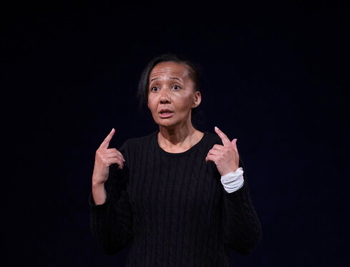Perth's Beloved Cabaret Festival Shuts Down After Funding Struggles

A Sad Farewell: Perth International Cabaret Festival Ends After Five Years
Western Australia's vibrant arts scene is facing a significant loss as the Perth International Cabaret Festival (PICF) announced its immediate closure. The Board confirmed that the highly anticipated 2025 event will not take place, marking the end of five years of captivating performances and unforgettable experiences for audiences across Perth and beyond.
Why the Festival Is Closing
The heartbreaking decision comes down to a critical lack of funding. Despite consistently delivering high-quality, innovative cabaret shows that drew rave reviews and enthusiastic crowds, the PICF struggled to secure the necessary financial support to continue operations. The Board expressed profound disappointment, stating that they explored every possible avenue to keep the festival alive, but ultimately, the financial realities proved insurmountable.
A Look Back at Five Years of Cabaret Magic
Since its inception, the Perth International Cabaret Festival has become a cornerstone of Perth’s cultural landscape. It showcased a diverse range of local and international talent, from established stars to emerging artists, offering a unique blend of music, comedy, theatre, and burlesque. The festival consistently pushed boundaries, presenting daring and thought-provoking performances that challenged conventions and celebrated individuality.
Highlights from the past five years include [mention 2-3 specific memorable performances or artists - e.g., a particularly acclaimed show, a breakout artist, a unique collaboration]. These moments, and countless others, have created a lasting legacy and a void that will be felt deeply within the Western Australian arts community.
The Impact on Perth's Arts Scene
The closure of PICF is a stark reminder of the challenges faced by arts organizations in securing sustainable funding. It raises concerns about the future of smaller, niche festivals and the impact on artists who rely on these platforms to showcase their work. The loss will undoubtedly be felt by audiences who cherished the festival's unique programming and the sense of community it fostered.
Looking Ahead
While the immediate future looks bleak for PICF, the Board hopes that its legacy will inspire others to champion the arts and advocate for increased funding for cultural initiatives. They expressed their gratitude to the artists, staff, volunteers, sponsors, and audiences who supported the festival over the years, and vowed to continue exploring ways to advocate for a thriving arts sector in Western Australia.
The news has been met with widespread sadness and disappointment across Perth. Many are calling for greater government and private investment in the arts to prevent similar closures in the future and ensure that Western Australia remains a vibrant and culturally rich destination.






